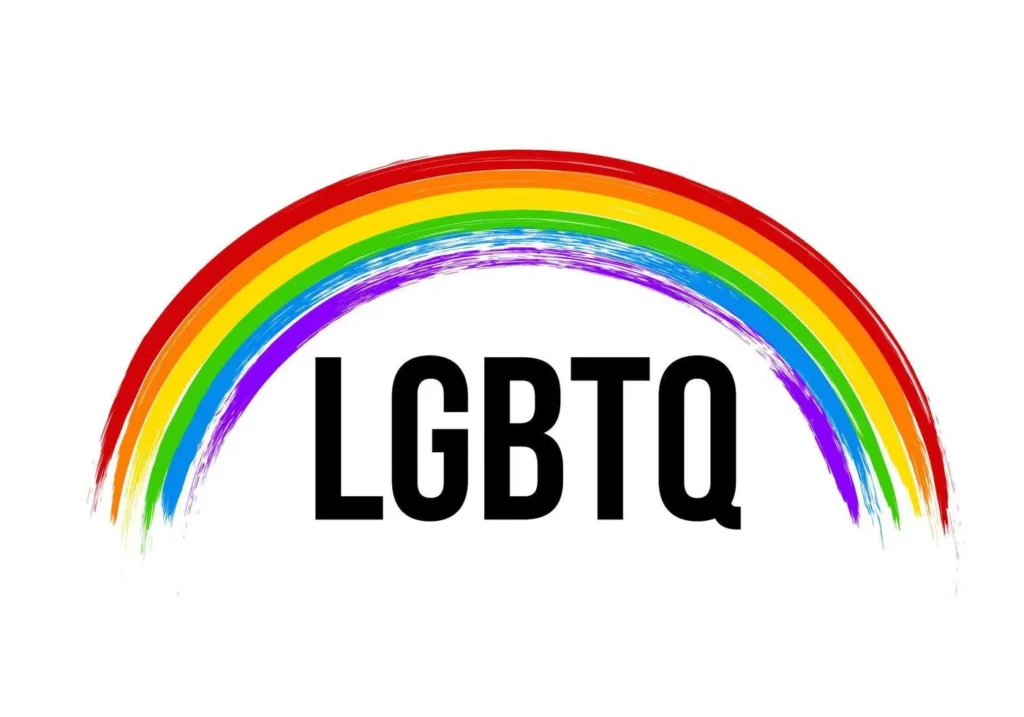LGBTQ+ support groups in universities have become a crucial pillar of the modern campus environment, providing students with safe spaces to express their identities, share experiences, and find community. These groups help foster a more inclusive academic experience, ensuring that LGBTQ+ students receive the support they need to thrive both personally and academically.

Importance of LGBTQ+ Support in Universities
University is a transformative time for many students as they navigate academic, social, and personal growth. For LGBTQ+ students, however, these years can bring unique challenges, including discrimination, isolation, and mental health struggles. According to studies, LGBTQ+ students are more likely to experience harassment and may face difficulties in finding acceptance, whether on campus or in their home environments.
Support groups play a critical role in combating these challenges by offering:
- Safe Spaces: LGBTQ+ support groups provide a non-judgmental environment where students can feel safe discussing their sexual orientation and gender identity without fear of discrimination. This fosters a sense of belonging that is often lacking in larger campus communities.
- Mental Health Support: Research shows that LGBTQ+ individuals experience higher rates of anxiety, depression, and suicidal thoughts compared to their heterosexual peers. Support groups often collaborate with campus counseling services and external organizations to offer mental health resources tailored to LGBTQ+ students.
- Peer Connection: These groups connect students with others who may have similar experiences or concerns. This camaraderie can ease feelings of isolation and create lasting friendships, leading to a stronger support network both on and off campus.
- Educational Resources: LGBTQ+ support groups also work to educate both the LGBTQ+ community and the wider student body. They host workshops, panels, and events that raise awareness about LGBTQ+ rights, history, and issues, fostering a more inclusive campus culture.
- Advocacy: Many university LGBTQ+ groups engage in advocacy, working to create more inclusive policies on campus. This might include advocating for gender-neutral restrooms, comprehensive non-discrimination policies, or more inclusive housing options.
Structure of LGBTQ+ Support Groups
The structure and organization of LGBTQ+ support groups can vary widely between universities, but most share some common features:
- Leadership Teams: These groups are typically student-led, with a leadership team responsible for organizing events, managing meetings, and advocating on behalf of the community. Leaders often work closely with faculty advisors or university offices, such as the campus diversity or student life office.
- Regular Meetings: Most LGBTQ+ groups hold regular meetings, which might include discussions on current events, guest speakers, social activities, and support sessions. Meetings can range from informal gatherings to structured, topic-focused events, depending on the needs of the group.
- Events and Campaigns: LGBTQ+ groups frequently organize events such as Pride celebrations, Coming Out Day observances, and film screenings to celebrate LGBTQ+ culture. These events serve both as a platform for visibility and as a way to foster greater understanding and acceptance across campus.
- Collaboration with Other Organizations: LGBTQ+ groups often partner with other student organizations or external nonprofits to provide comprehensive support. These partnerships can bring in additional resources, such as mental health services, legal aid, and health services focused on LGBTQ+ needs.
Benefits for the Wider University Community
The benefits of LGBTQ+ support groups extend beyond the individuals they serve directly. These groups help cultivate an environment of acceptance and diversity on campus, which benefits the entire university community. Some of these benefits include:
- Promoting Diversity and Inclusion: LGBTQ+ groups raise awareness and encourage students to think critically about issues related to gender and sexuality. In doing so, they promote a more inclusive campus environment where all students can thrive.
- Reducing Stigma and Prejudice: By hosting events and educational workshops, these groups work to break down misconceptions and reduce bias against LGBTQ+ individuals. This can lead to a more supportive and understanding campus culture.
- Enhancing Mental Wellbeing: A campus that actively supports its LGBTQ+ students can have a positive effect on the mental health of the entire student body. Creating an open and supportive environment helps students feel more comfortable expressing their identities, which can reduce stress and anxiety.
Challenges LGBTQ+ Support Groups Face
Despite their positive impact, LGBTQ+ support groups can face several challenges:
- Lack of Resources: Many student groups struggle with limited funding, making it difficult to organize events, provide resources, or expand their outreach. Universities must ensure that these groups receive adequate support to function effectively.
- Institutional Resistance: In some cases, LGBTQ+ groups may encounter resistance from university administration, particularly in regions where LGBTQ+ rights are still contested. This can hinder their ability to advocate for policy changes or secure spaces for LGBTQ+ students.
- Discrimination and Hostility: Despite progress, LGBTQ+ students may still face hostility or discrimination on campus. Support groups often have to navigate these challenges while continuing to foster a safe and inclusive environment.
Conclusion
LGBTQ+ support groups in universities are essential for creating inclusive and supportive campus environments. By providing safe spaces, mental health resources, peer connections, and advocacy, these groups not only help LGBTQ+ students thrive but also promote diversity, acceptance, and wellbeing across the entire campus. As more universities recognize the importance of these groups, they will play an increasingly significant role in shaping the future of inclusive education.